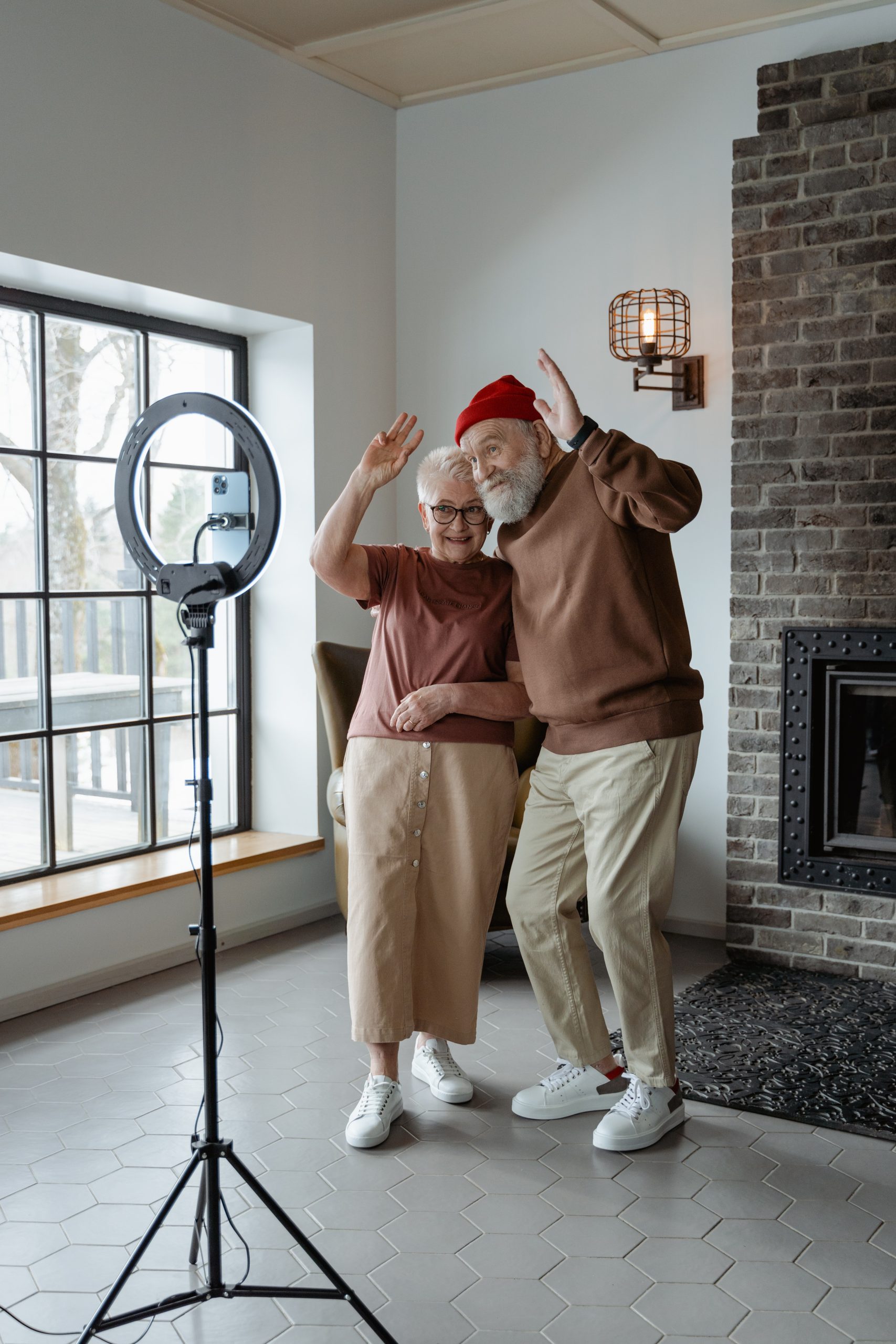How Social Isolation Impacts the Health and Well-Being of Older Adults

The image is not directly related to the article. It merely symbolizes the life of elderly people.
How Social Isolation Impacts the Health and Well-Being of Older Adults
What is social isolation?
What are the effects of social isolation on older adults?
Social isolation can have a negative impact on the physical and mental health of older adults. It can lead to depression, anxiety, cognitive decline, and increased risk of chronic diseases such as heart disease and stroke. It can also impact the immune system and increase the risk of mortality.
Why are older adults more susceptible to social isolation?
Older adults may experience social isolation due to a variety of factors, including retirement, loss of friends and family members, mobility issues, and chronic health conditions. They may also have limited access to technology and transportation, making it more difficult to stay connected with others.
How can social isolation be prevented or reduced in older adults?
There are several ways to prevent or reduce social isolation in older adults. These include staying socially active through activities such as volunteering, joining clubs or groups, and participating in community events. Utilizing technology, such as video chat or social media, can also help older adults stay connected with friends and family members who may live far away. Finally, seeking out support from healthcare professionals or mental health providers can provide older adults with resources and strategies to combat social isolation and maintain their overall health and well-being.
Social isolation can have a significant impact on the health and well-being of older adults. It is important to recognize the signs of social isolation and take steps to prevent or reduce its effects. By staying socially active, utilizing technology, and seeking out support from healthcare professionals, older adults can maintain their connections with others and improve their overall quality of life.
The image is not directly related to the article. It merely symbolizes the life of elderly people. How Social Isolation Impacts the Health and Well-Being of Older Adults What is social isolation? Social isolation is the state of being separated from others, whether physically or emotionally. It can occur when an individual has limited social…
Recent Posts
- Empowering Caregivers: The Best Online and Offline Resources to Enhance Your Skills
- Traveling with a Purpose: The Rise of Volunteer Vacations
- Breaking Stigma: Dispelling Myths about Mobility Aids and Disability
- Avoiding Probate: How Trusts Can Simplify the Estate Settlement Process
- Senior Citizens Beware: Common Financial Scams and How to Stay Protected

